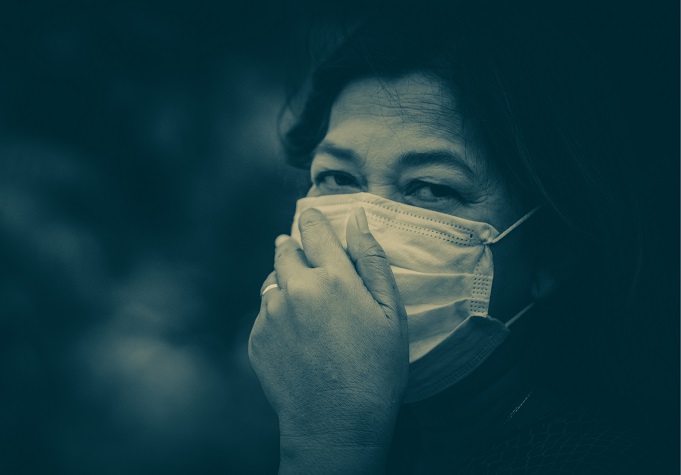A new study published in the Canadian Medical Association Journal (CMAJ) sheds light on the impact of COVID-19 on ethnocultural community members living in vulnerable circumstances.
Researchers from the University of Alberta and the Multicultural Health Brokers Cooperative (MHBC) — community health workers of immigrant and refugee backgrounds serving diverse ethnocultural communities in Edmonton, Alberta — collaborated during the fall of 2020 to collect 773 stories of the impacts of COVID-19 and the efforts to mitigate it.
“We sought to understand how the challenges of COVID-19 are entangled with contextual factors at multiple levels, how families and communities are leveraging strengths and social capital to adapt, and the role of cultural brokers in managing the crisis,” write co-leads Yvonne Chiu, co-executive director of MHBC, and Denise Campbell-Scherer, University of Alberta professor of family medicine, with coauthors.
The team found that COVID-19 destabilized family units and made it more time-consuming and resource-intensive for people to support their families. For many, finding appropriate information and support to help manage the impacts of the pandemic was also a major challenge. Financial, food and housing insecurity; precarious employment; job loss; lack of sick leave to allow self-isolation; low English literacy and other factors intensified the negative effects of COVID-19.
“The surge of COVID-19 in ethnocultural communities across North America, and the pandemic’s destabilizing effect on health care systems, has highlighted the systemic structures that result in poorer health in ethnocultural communities,” write the authors.
The study also shows how families and communities have leveraged strengths and social capital to adapt and highlight the important role of community health workers in helping people navigate health and social care systems.
“Cultural brokering and community social capital were key supports for people in [the COVID-19] crisis, and our findings can support policy and interventions that may reduce harm and support community resiliency,” the authors conclude.
“Illuminating and mitigating the evolving impacts of COVID-19 on ethnocultural communities: a participatory action mixed-methods study” is published August 9, 2021.




